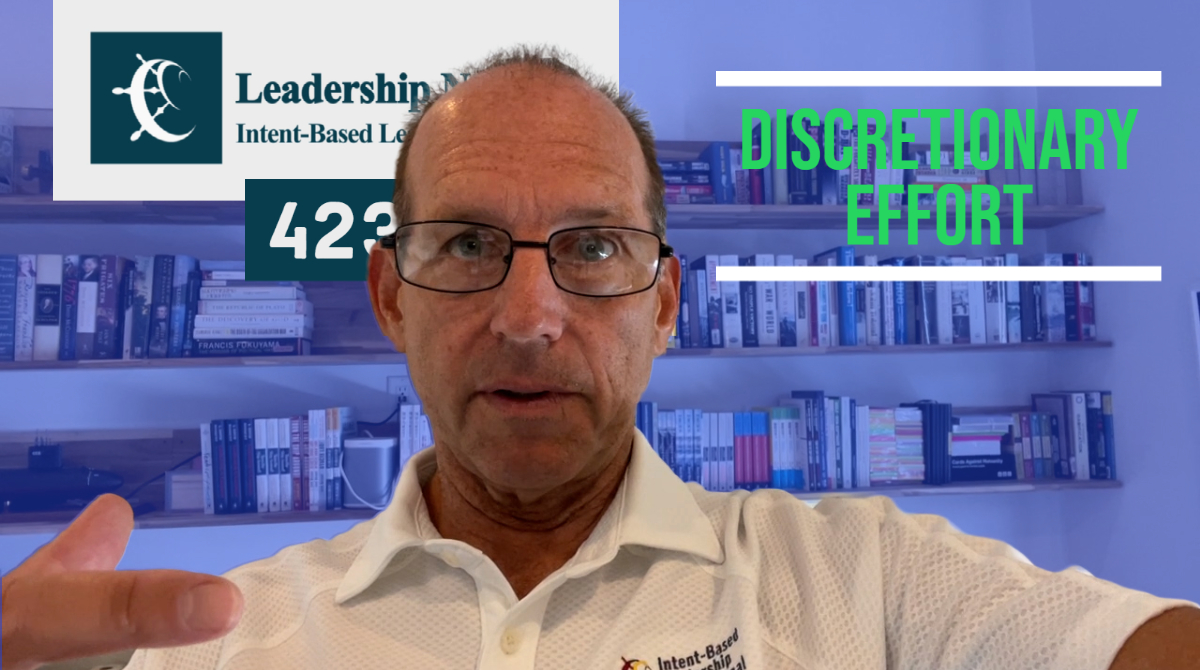DM: Charlie, why did you make such an audacious promise?
CK: I always thought we were a company with a strong focus on people, and it was for that reason that I advocated “fast firing” — if you knew someone wasn’t working out, don’t prolong the agony. Allowing bad behavior to perpetuate is one of the worst things you can do for team performance.
DM: What made you change your mind?
CK: I was talking with Bob Chapman, CEO of Barry-Wehmiller at Massive, a gathering organized by Simon Sinek, and Bob challenged me on this point and asked me how I’d like my son to be fired by someone in the future. That floored me. Being fired is a highly traumatic emotional event. It’s the equivalent of being told “you are no good.”
DM: How did you announce the change?
CK: First, I did nothing for six months except think about it. We wargamed different scenarios and realized this policy would fundamentally affect everything we did. Every personnel hiring, training, and managing policy was reviewed.
Take hiring for example. Once you realize that you are entering into a lifelong relationship, hiring starts to look a lot more like adoption, or dating. Multiple interactions over some time are required before our team would get comfortable with a prospective hire. Every hiring manager started hiring more carefully, something I’d been advocating for but couldn’t make happen in every manager. Without further direction, they started treating hiring like adoption: once we take someone into our family, they’re here for life, when things don’t work, they’re responsible for training them, helping them.
Training also became much more comprehensive, touching subjects such as character, grit, and integrity in ways we had previously viewed as beyond the scope of company training.
DM: What happens when someone really just doesn’t work out?
CK: They choose to leave and we help them. I reassigned a person to a job position and told them their new job was to look for a new job. We continued to pay them, provide office space, access to company resources, and promised positive evaluations as appropriate.
DM: Have you seen any impacts?
CK: Almost immediately turnover went from 40% to 0%. Recruiters and other CEOs have told me that NxJumpers aren’t even taking their calls. The percentage of employees who said they “love,” not like, not tolerate, but LOVE their jobs went from 20% to 90%.
I told you about the formal deliberate changes we made to our training programs. There were powerful, self-organizing impacts as well. Peer counseling groups formed in every part of the company. Groups of 3 to 4 people meeting regularly to help each other grow, talk through hardships.
Probably the biggest impact was the effectiveness of performance evaluations. Development discussions were usually wrought with skepticism from the employee standpoint — are you really trying to help me or just documenting material to potentially fire me? Since getting fired wasn’t an option, everyone became more open to talk about their real problems. Performance evaluations became what it was always intended for – development discussions, open, honest and often real and raw conversations on what people are struggling with. Since people could voice real concerns at work, they left those toxins there and didn’t take them home with them. Home life improved as well.
DM: Can’t argue with that!
Thanks for talking with us today. We’ll be keen to see what you continue to learn from this.
Charlie Kim explains the NextJump wellness program, offering personal trainers to all employees.

